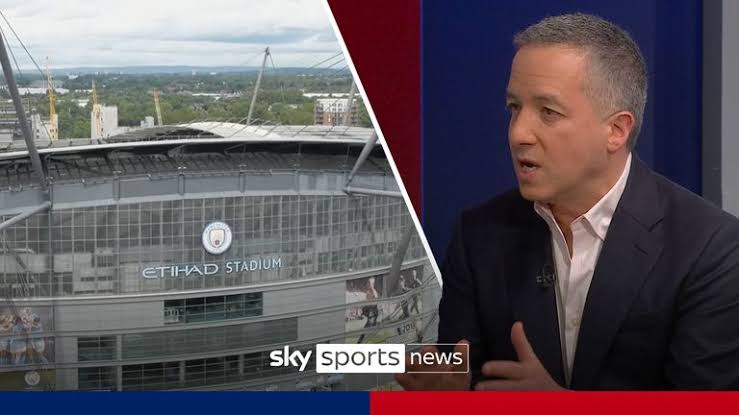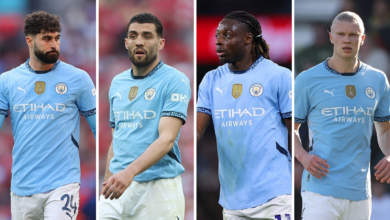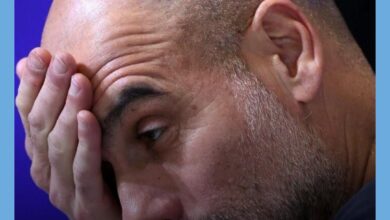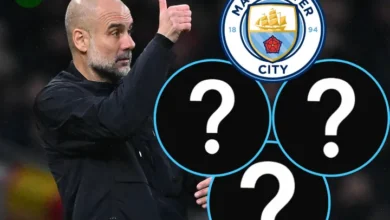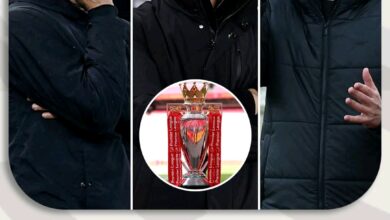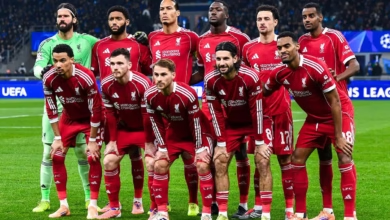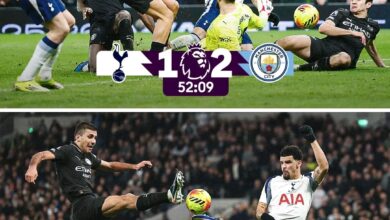Manchester City and Premier League Reach ‘Settlement’ Over APT Rules
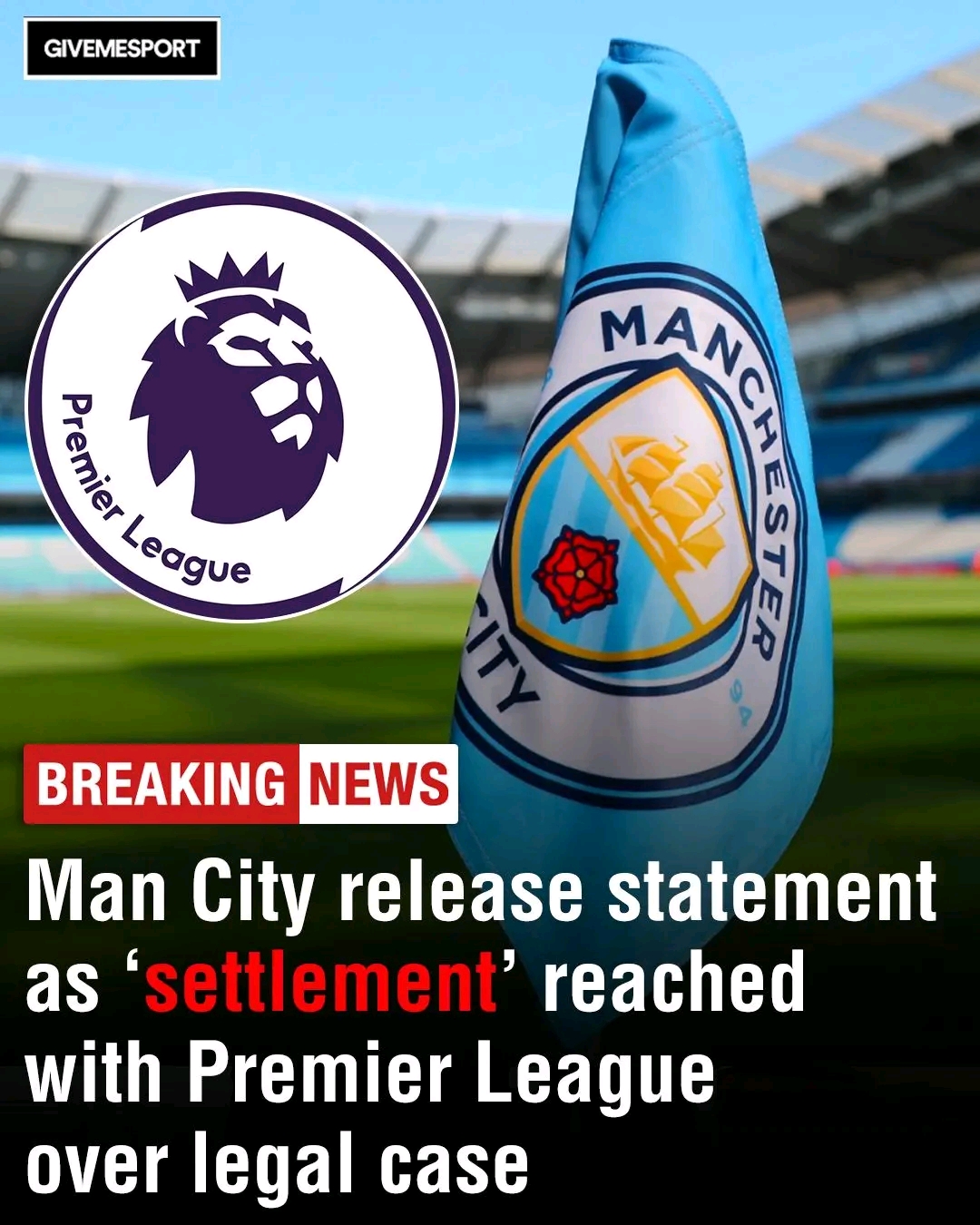
Manchester City have always been a club that attracts headlines, drama and controversy, but this latest twist in their ongoing battle with the Premier League feels like one of the most defining chapters yet. After months of tension, legal threats, arbitration hearings and speculation that shook English football, the Premier League and Manchester City have finally reached a settlement over the Associated Party Transaction (APT) rules. The outcome? The proceedings have been terminated, Manchester City have formally accepted the current rules as valid and binding, and the long-running saga that has dominated conversations off the pitch has come to an official close. But the story is far deeper, far more layered, and far more dramatic than what a single statement can explain. This is not just about contracts and sponsorship rules. This is about power, control, reputation, money, and a fight that has left scars across English football.
For months, the Premier League had been desperate to prove that its system was watertight, that no club – not even the dominant champions of the era – could find loopholes in financial rules designed to maintain competitive balance. On the other side, Manchester City, led by their hierarchy and lawyers, were determined to fight back, insisting that the restrictions placed upon them were not only unfair but unlawful. It was a clash of titans – football’s most powerful governing body versus football’s most powerful modern club.
To understand the depth of this settlement, one must go back to the roots of the dispute. In 2023, Manchester City’s commercial deal with Etihad Airways, their long-time partner for both shirt sponsorship and stadium naming rights, was rejected by the Premier League. The reason? It did not meet the ‘fair market value’ test, a system introduced after Newcastle United’s Saudi-backed takeover in 2021, designed to prevent clubs from inflating sponsorships through companies linked to their owners. The league ruled that the figures City wanted to register were excessive, unrealistic, and not in line with comparable market standards. In simple terms, the league feared that Manchester City were finding a back door to funnel money into the club and boost spending power.
City’s reaction was immediate. They took the Premier League to an independent tribunal, arguing that the rules themselves were anti-competitive, unlawful, and discriminatory. They claimed the regulations placed clubs like them – owned by powerful state-backed entities – at a disadvantage compared to others, and that the entire structure was designed to stifle their growth. For Manchester City, it was not just about one sponsorship deal, it was about control. They believed their business model was under attack, their global brand being restricted, and their financial power unfairly clipped.
The tribunal agreed with them. In a dramatic ruling, three senior legal figures declared aspects of the Premier League’s APT rules invalid and unenforceable. It was a shockwave moment. Suddenly, the rules designed to maintain balance were torn apart, and the Premier League found itself embarrassed, weakened, and accused of bias. For City fans, it was vindication. For rival clubs, it was outrage. How could the champions of England, already backed by billions, now operate with fewer restrictions? The football world braced itself for chaos.
But the Premier League did not back down. Instead of scrapping the rules entirely, they adjusted them. They made tweaks, they shifted definitions, they tried to tighten loopholes, and they insisted the framework remained intact. City, however, were not satisfied. Once again, they prepared to fight. Another tribunal was scheduled, another clash set for next month, and the stage was prepared for a second battle that could have rewritten financial governance in English football forever. That battle, however, will never take place.
The announcement this week revealed that Manchester City and the Premier League have agreed to terminate the proceedings. The arbitration case is finished. And as part of the settlement, City have accepted that the current APT rules – the very ones they once fought so hard against – are valid and binding. The club released a short statement, calm and diplomatic in tone, but beneath the words lies a dramatic tale of compromise, strategy, and survival.
Why did City back down? Why did the Premier League seek a settlement rather than a courtroom victory? The answers lie in the delicate balance of football politics. For City, the fight was becoming exhausting, and perhaps more importantly, distracting. With over 115 separate financial breach charges still hanging over their head, they could not afford to spread their legal battles too thin. The APT case, while symbolic, was not the hill to die on. Accepting the rules, in exchange for drawing a line under the matter, allows them to focus fully on the much larger war that is yet to come.
For the Premier League, the motivation is equally clear. This was about saving face, about avoiding another embarrassing defeat that could have destroyed their authority. A second tribunal loss would have left their entire rulebook in tatters, their credibility shattered, and their power questioned. By reaching a settlement, they protect the integrity of the system, they secure City’s acknowledgment of the rules, and they move forward without risking a precedent that could unleash chaos across English football.
Yet, the drama does not end here. Because while this APT case has been buried, the shadow of the 115 charges remains. Manchester City are still facing the most serious investigation in Premier League history – allegations of false accounting, improper sponsorship declarations, and a decade-long pattern of financial manipulation. No timeline has been set for when that case will conclude, and the football world waits nervously for the verdict. Some believe City will once again fight and win, others believe this could finally bring the champions down. Either way, the settlement over APT rules has only cleared one path, not the entire forest.
For City’s rivals, this news will bring mixed emotions. On one hand, they will be relieved that the rules remain intact, that the system designed to protect fairness is still standing. On the other, they will remain suspicious, frustrated, and convinced that City have escaped again with minimal consequences. Fans of clubs like Arsenal, Manchester United, and Liverpool will see this as yet another example of City’s political power, their ability to bend situations in their favor, and their skill at walking away unscathed. For City supporters, however, this is a victory of resilience. They will point to the fact that their club stood tall against the Premier League, challenged the system, and forced change. Even in settlement, they will claim this as proof that City are too powerful to be controlled.
It is a story of perception, of narratives, of two sides claiming different victories. The Premier League will say they have protected their rules. Manchester City will say they have exposed flaws in the system. The truth lies somewhere in between, and the real battle is still to come.
When future generations look back on this era of English football, this saga will be remembered as one of its defining moments. It is about more than sponsorships, more than contracts, more than fair market value. It is about power struggles between governing bodies and clubs, about the growing influence of state-backed ownership, and about the fragile attempt to keep football competitive in an age of unlimited wealth.
Manchester City may have signed off on the settlement, but the storm around them is far from over. The eyes of the football world remain fixed on the Etihad, waiting for the next chapter in this never-ending drama. And as always with City, one thing is guaranteed – it will not be quiet.





